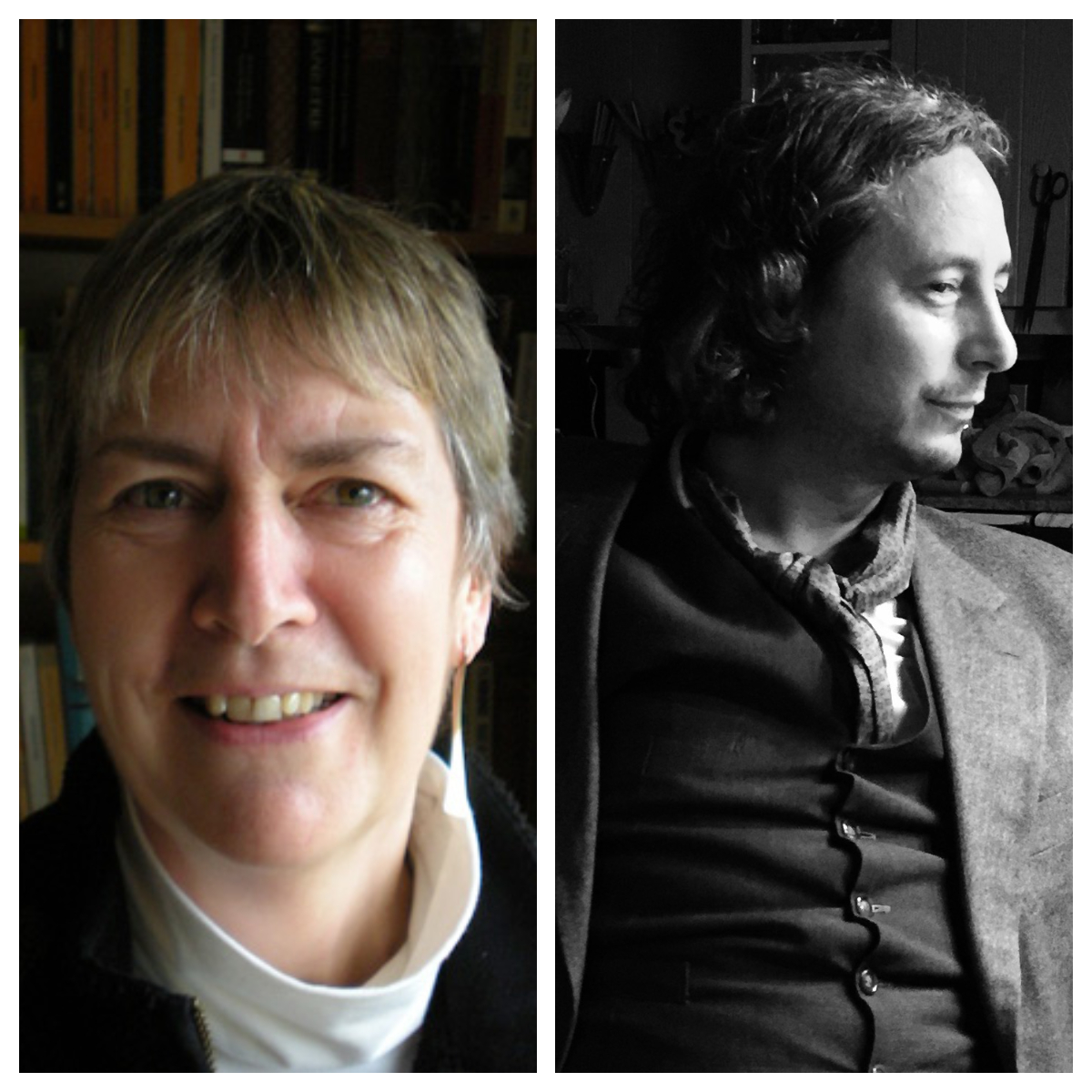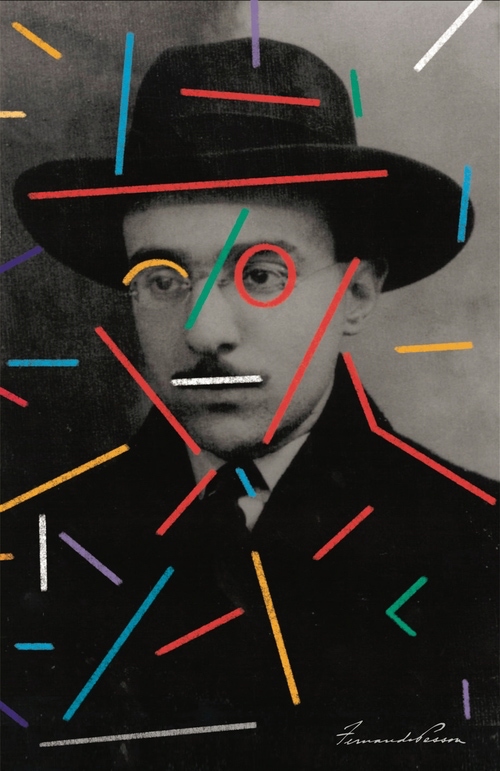39
[c. 4 March 1914]
The mystery of things, where is it?
If it exists, why doesn’t it at least appear
To show us that it is a mystery?
What does the river or the tree know of mystery?
And I, who am not more real than they are, what do I know of it?
Whenever I look at things and think what men think about them,
I laugh like a stream as it rushes over a stone.
Because the only hidden meaning of things
Is that they have no hidden meaning at all.
It is stranger than all strangenesses,
Than the dreams of all the poets
And the thoughts of all the philosophers,
That things really are what they seem to be
And there is nothing to understand.
Yes, this is what my senses learned on their own:—
Things have no signification: they have existence.
Things are the only hidden meaning of things.
39
O mysterio das cousas, onde está elle?
Onde está elle que não apparece
Pelo menos a mostrar-nos que é mysterio?
Que sabe o rio d’isso e que sabe a arvore?
E eu, que não sou mais real do que elles, que sei d’isso?
Sempre que ólho para as cousas e penso no que os homens pensam d’ellas,
Rio como um regato que soa á roda de uma pedra.
Porque o unico sentido occulto das cousas
É ellas não terem sentido occulto nenhum.
É mais extranho do que todas as extranhezas
E do que os sonhos de todos os poetas
E os pensamentos de todos os philosophos,
Que as cousas sejam realmente o que parecem ser
E não haja nada que comprehender.
Sim, eis o que os meus sentidos apprenderam sòsinhos:—
As cousas não teem significação: teem existencia.
As cousas são o unico sentido occulto das couasas.






